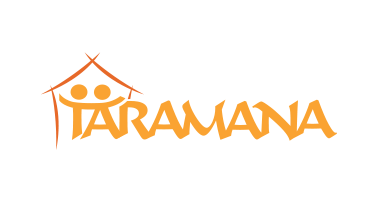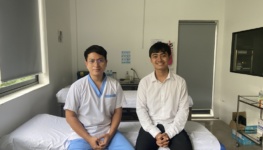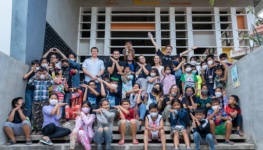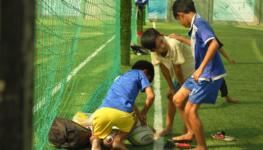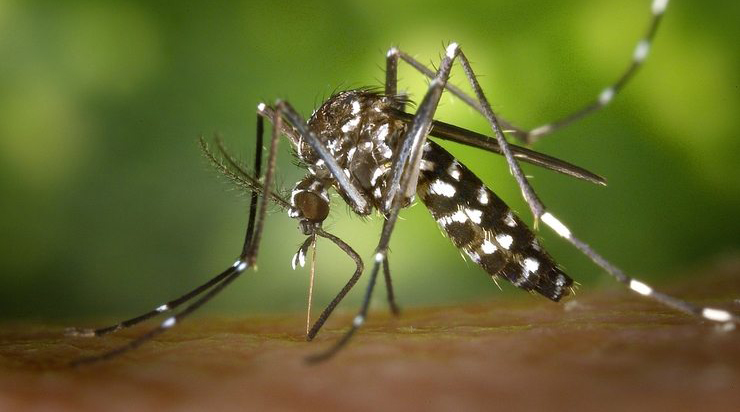
The rainy season marks the return of mosquitoes and the diseases they transmit.
Dengue fever and malaria are the two most common in Cambodia.
The medical and social team work together to prevent the children from getting sick and to intervene if a child contracts a sickness
At Taramana, we have different approaches:
PREVENTION
At the beginning of the rainy season, our nurse Visal makes a presentation about this topic for the children. He teaches the kids to recognize the first symptoms (high fever and muscular pain) and explains possible treatments.
Visal also uses his presentation to remind the children of the right gestures and reflexes to avoid mosquitoes’ bites: using repellent, sleeping under a mosquito net or wearing long clothes.
SUPPORT TO THE FAMILIES
Our social worker, Dararith, organizes each year a distribution of mosquito nets to the most vulnerable families.
MEDICAL FOLLOW-UP
Under the supervision of the center’s doctor, visal regurlaly welcomes the children and their families at the nursery. That way, we can detect as early as possible the first signs of diseases and give adequate treatment.
In addition to that, in order to prevent intestinal parasites, children get a treatment three times a year. Giving anti-parastitic treatment prevents intestinal parasitic diseases responsible for secondary anemia (lack of red blood cells) and chronic fatigue.

Some details about monsoon diseases:
- Monsoon fever: high fever that can last up to 10 days. This particularly weakens children or the elderly.
- Dengue fever: this disease is caused by a virus carried by tiger mosquitoes. Contrary to what is communly believed, it is in urban areas that the risk of contamination is higher. Dengue fever is, in most cases, not very serious and can be easily treated with plenty of rest and good hydration. Any anticoagulant, including aspirin, must be avoided. In the most severe cases, hospitalization and platelet transfusion is necessary.
- Malaria: malaria is caused by a parasite transmitted by mosquitoes (anopheles). The risk of contracting malaria is low in urban area, unless there is stagnant water around. There are preventive medecine as well as post-exposure treatment which is effective if taken quickly.
- Cholera: this condition is caused by a bacterium (cholera vibrio) that occurs especially after heavy flooding. It is a highly contagious and potentially deadly disease. Cholera tends to decrease in Cambodia, but poorly washed food or unfiltered water are important vectors of this disease. Cases of cholera tend to decrease in Cambodia, but poorly washed food or unfiltered water remain important vectors of this disease.
To learn more about our health program ▶️ it’s over here


